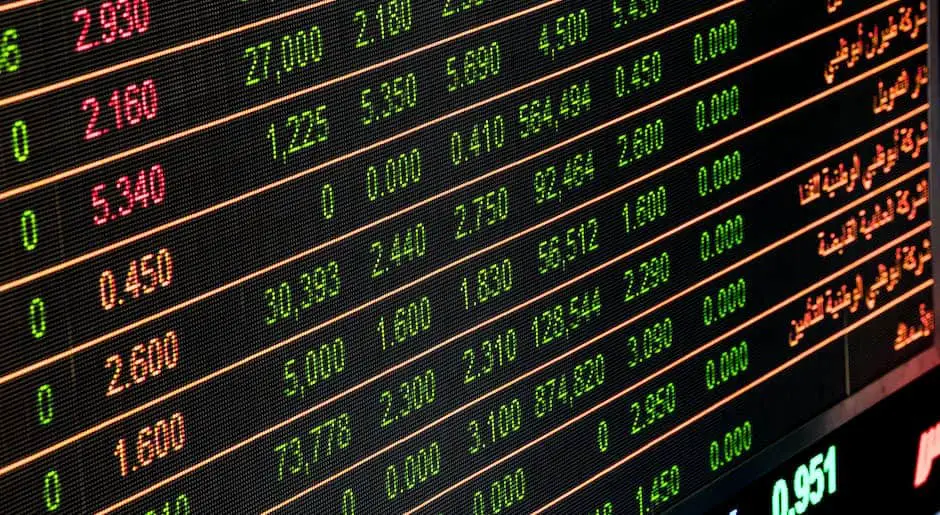
Investing in Doha: A Comprehensive Guide
Doha, the capital city of Qatar, is a rapidly growing metropolis that has become a hub for business, tourism, and real estate investment. With its booming economy, strategic location, and world-class infrastructure, Doha has become an attractive destination for real estate investors looking to diversify their portfolios and tap into the lucrative Middle Eastern market. In this comprehensive guide, we will explore the various aspects of investing in Doha, including the real estate market, legal framework, financing options, and investment opportunities.
The Real Estate Market in Doha
The real estate market in Doha has been growing steadily over the past decade, driven by a combination of factors such as population growth, urbanization, and government initiatives to promote foreign investment. According to a report by the Qatar Central Bank, the real estate sector accounted for 10.6% of the country’s GDP in 2019, making it a significant contributor to the economy.
One of the key drivers of the real estate market in Doha is the demand for residential properties, particularly apartments and villas. This demand is fueled by the growing population, which is expected to reach 3 million by 2022, and the influx of expatriates who come to work in the city. The rental market is also strong, with high occupancy rates and rental yields averaging around 5-6%.
In addition to residential properties, there is also a growing demand for commercial properties, such as office spaces, retail outlets, and hotels. The government has been actively promoting the development of these sectors, with initiatives such as the Qatar National Vision 2030 and the Qatar Free Zones Authority, which offer incentives and tax breaks to foreign investors.
Legal Framework for Real Estate Investment in Doha
Investing in real estate in Doha is relatively straightforward, with a well-established legal framework that protects the rights of investors and provides a clear path for property ownership and transfer. The legal system is based on civil law, with property ownership governed by the Land Law and the Real Estate Registration Law.
Foreign investors are allowed to own property in Doha, subject to certain restrictions and regulations. Non-Qatari nationals can own Freehold properties in designated areas such as The Pearl-Qatar, West Bay Lagoon, and Al Khor Resort, while other areas are restricted to leasehold ownership. The process of acquiring property involves obtaining a no-objection certificate from the Ministry of Interior, registering the property with the Real Estate Registration Authority, and paying the necessary fees and taxes.
Financing Options for Real Estate Investment in Doha
Financing options for real estate investment in Doha are available through local banks and financial institutions, with a range of products and services tailored to the needs of investors. These include mortgage loans, construction loans, and project financing, among others.
Mortgage loans are available to both Qatari and non-Qatari nationals, with loan-to-value ratios ranging from 70% to 80% of the property value. The interest rates are competitive, with some banks offering fixed-rate mortgages for up to 25 years.
Project financing is also available for large-scale real estate developments, with banks and financial institutions providing funding for the construction and development of commercial and residential properties. These projects are typically structured as joint ventures between local and foreign investors, with the financing provided by the banks.
Investment Opportunities in Doha
Doha offers a range of investment opportunities for real estate investors, from residential and commercial properties to land and development projects. Some of the key investment opportunities include:
– Residential properties: Apartments and villas in prime locations such as The Pearl-Qatar, West Bay, and Lusail City.
– Commercial properties: Office spaces, retail outlets, and hotels in central business districts such as West Bay and Msheireb Downtown Doha.
– Land: Undeveloped land in strategic locations such as Lusail City and the Qatar Economic Zone.
– Development projects: Large-scale real estate developments such as the Msheireb Downtown Doha project and the Lusail City development.
FAQs
Q: Can foreigners own property in Doha?
A: Yes, foreigners can own property in Doha subject to certain restrictions and regulations.
Q: What are the popular areas for real estate investment in Doha?
A: The popular areas for real estate investment in Doha include The Pearl-Qatar, West Bay, Lusail City, and Msheireb Downtown Doha.
Q: What financing options are available for real estate investment in Doha?
A: Financing options for real estate investment in Doha include mortgage loans, construction loans, and project financing.
Conclusion
Investing in Doha’s real estate market can be a lucrative opportunity for investors looking to diversify their portfolios and tap into the growing Middle Eastern market. With its strong economy, strategic location, and world-class infrastructure, Doha offers a range of investment opportunities for both residential and commercial properties, as well as land and development projects. The legal framework for real estate investment is well-established, and financing options are available through local banks and financial institutions. By following the guidelines outlined in this comprehensive guide, investors can make informed decisions and capitalize on the opportunities available in Doha’s real estate market.
